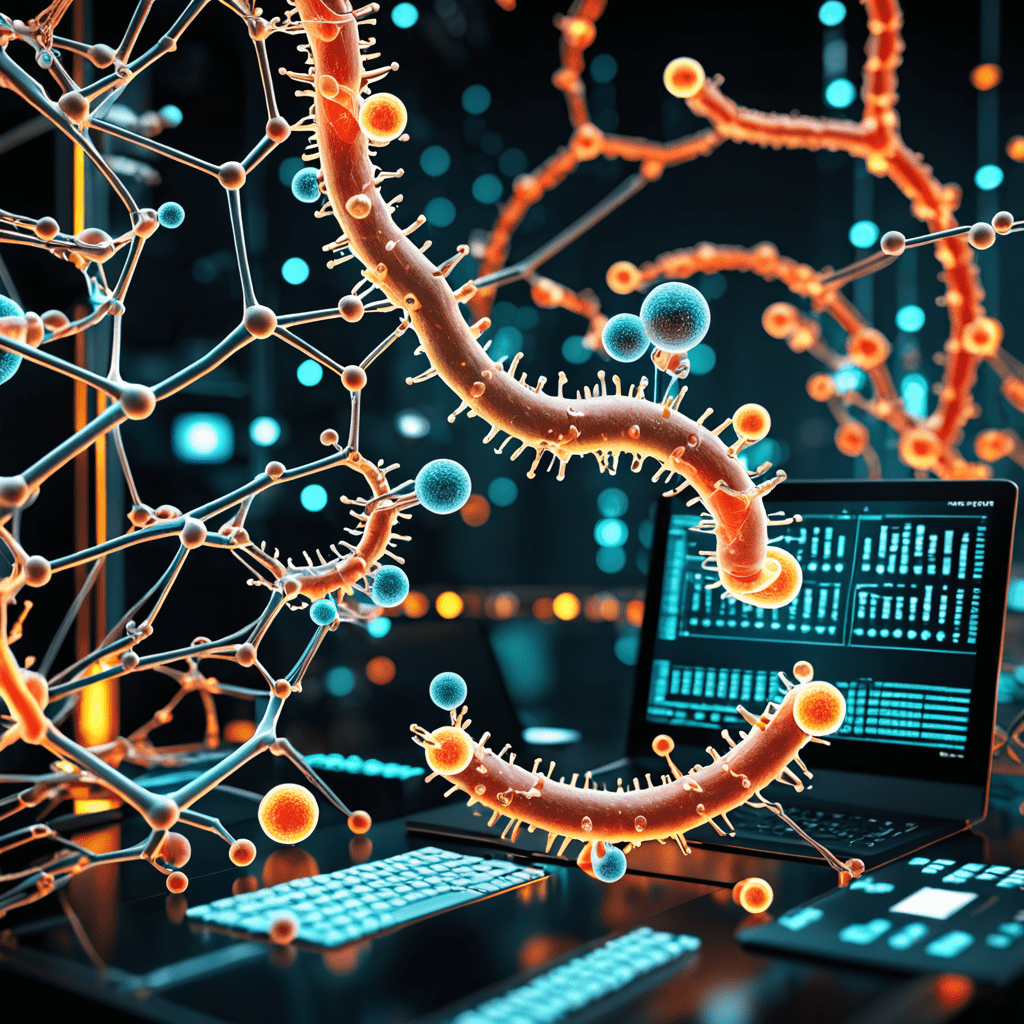Exploring Biotechnology and Bioinformatics in Precision Medicine Tools
In recent years, biotechnology and bioinformatics have revolutionized the field of medicine, particularly in the development of precision medicine tools. These cutting-edge technologies have paved the way for personalized and targeted treatments, offering new hope for patients with various complex conditions. Let’s delve into how biotechnology and bioinformatics are shaping the future of medicine through precision tools.
The Role of Biotechnology in Precision Medicine
Biotechnology plays a crucial role in precision medicine by harnessing biological systems and organisms to develop innovative diagnostic tools, therapies, and treatments tailored to individual patients. Through genetic engineering, biotechnologists can manipulate DNA, proteins, and cells to create personalized interventions that are more effective and less invasive than traditional approaches.
Understanding Bioinformatics in Precision Medicine
Bioinformatics, on the other hand, involves the application of computational tools and techniques to analyze and interpret biological data, such as DNA sequences, protein structures, and gene expression profiles. By integrating large datasets and employing sophisticated algorithms, bioinformaticians can identify biomarkers, predict treatment outcomes, and optimize therapeutic strategies for specific patient populations.
Advancements in Genomic Sequencing
One of the key advancements in precision medicine is genomic sequencing, which allows researchers to analyze an individual’s complete DNA sequence. By uncovering genetic variations and mutations associated with diseases, clinicians can tailor treatments to target the underlying molecular mechanisms, leading to more precise and personalized healthcare interventions.
Pharmacogenomics and Personalized Therapies
Pharmacogenomics is another crucial area where biotechnology and bioinformatics converge to deliver personalized therapies based on an individual’s genetic makeup. By analyzing how a patient’s genes influence their response to medications, healthcare providers can optimize drug selection, dosages, and treatment regimens, minimizing adverse reactions and maximizing therapeutic benefits.
Precision Medicine in Cancer Treatment
Cancer treatment has been revolutionized by precision medicine, where biotechnological tools, such as next-generation sequencing and gene editing, are used to target specific mutations driving tumor growth. By identifying molecular subtypes of cancer and developing targeted therapies, oncologists can offer more tailored and effective treatments with fewer side effects for patients.
Challenges and Opportunities in Precision Medicine
Despite the remarkable progress in precision medicine tools, challenges such as data privacy, regulatory hurdles, and accessibility gaps still exist. However, with ongoing research, technological advancements, and interdisciplinary collaborations, the future of precision medicine looks promising, offering new opportunities to improve patient outcomes and revolutionize healthcare delivery.
The Future of Precision Medicine: A Personalized Approach to Healthcare
In conclusion, biotechnology and bioinformatics are driving the development of precision medicine tools that enable healthcare providers to deliver personalized and targeted treatments tailored to individual patients. By integrating genetic information, computational analysis, and clinical insights, precision medicine is shaping the future of healthcare, offering new hope for patients with complex medical conditions and paving the way for a more personalized approach to medicine.

